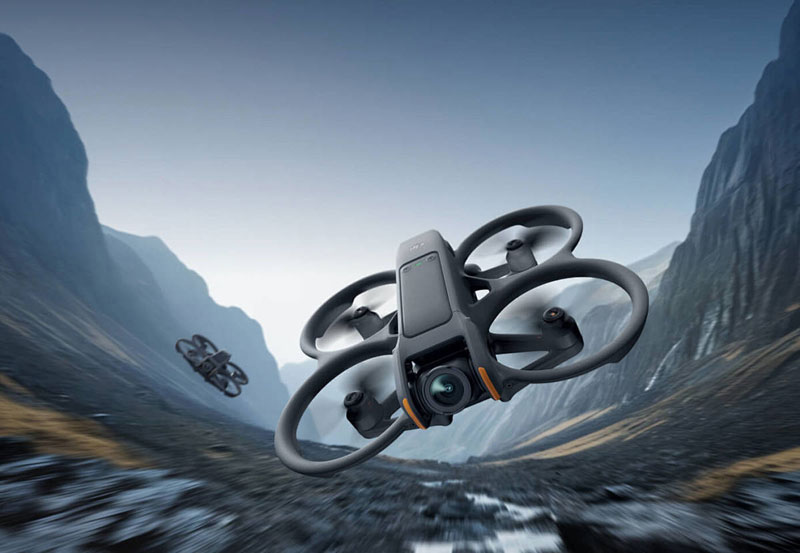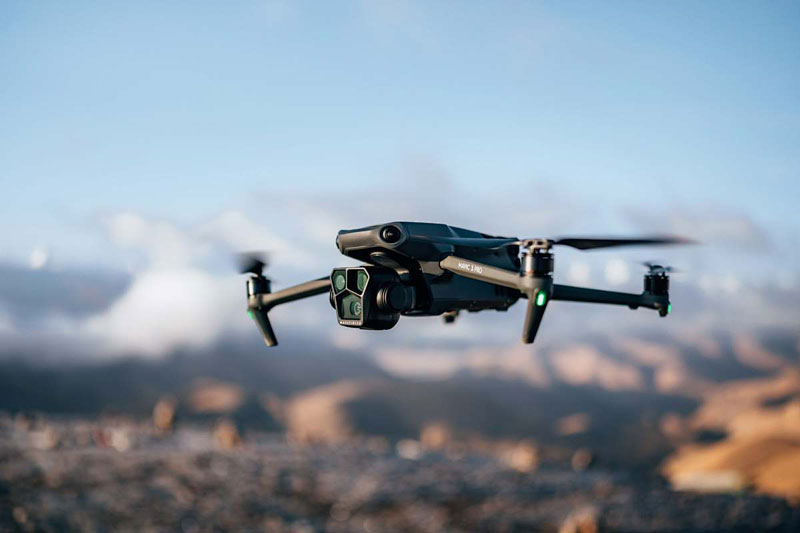Drones designed for agricultural purposes are equipped with precision spraying tools that ensure even distribution of fertilizers and pesticides. This precision minimizes waste and protects the surrounding ecosystems, reducing the likelihood of chemical run-off. With GPS and advanced imaging systems, drones can target specific areas in large fields, reducing the time and labor compared to traditional methods. Their ability to fly close to crops without causing damage allows for a level of precision that is unparalleled. One of the most significant advantages of agriculture drone spraying is cost reduction. Farmers can significantly cut down on labor costs and save money on agricultural inputs by optimizing the amount of chemical used. Traditional spraying methods often result in over-application, leading to increased expenses and potential harm to the crops and environment. Drones mitigate these issues by delivering exact amounts, tailored to the crop’s needs. This cost-effectiveness makes drone technology accessible to both small-scale farmers and large agricultural enterprises. Agriculture drone spraying not only benefits farmers but also contributes positively to the environment. With drones, there’s a notable decrease in the amount of chemicals released into the atmosphere. This reduction helps minimize pollution and conserves biodiversity within farming areas. Drones enable precise spraying that avoids contaminating nearby water sources, thereby supporting sustainable farming practices. Integration with IoT The Internet of Things (IoT) plays a pivotal role in enhancing the functionality of agriculture drone spraying. Through IoT technology, drones can be equipped with real-time data collection devices, allowing farmers to analyze field conditions such as soil health, moisture levels, and crop growth. This data can then be used to make informed decisions on when and how to apply the necessary treatments, optimizing the farming process further. Despite the multiple advantages, the adoption of agriculture drone spraying does come with challenges. Regulatory hurdles and the need for specialized skills to operate and maintain drones can be barriers. Furthermore, weather conditions can affect the reliability and effectiveness of drone operations. Farmers must remain adaptable and informed to overcome these obstacles and fully harness the potential of drone technology. In summary, agriculture drone spraying is shaping the future of farming, offering unparalleled benefits in efficiency, cost-effectiveness, and environmental friendliness. As farmers increasingly adopt this technology, they stand to achieve more sustainable and productive agricultural practices.>Efficiency and Precision
Environmental Benefits
Challenges and Considerations
FAQs

 Yes, with precise technology, drones can be adjusted to meet the specific needs of different crop types, ensuring safety and effectiveness.
Yes, with precise technology, drones can be adjusted to meet the specific needs of different crop types, ensuring safety and effectiveness.
Revolutionizing Farming: The Impact of Agriculture Drone Spraying
Cost-Efficiency
